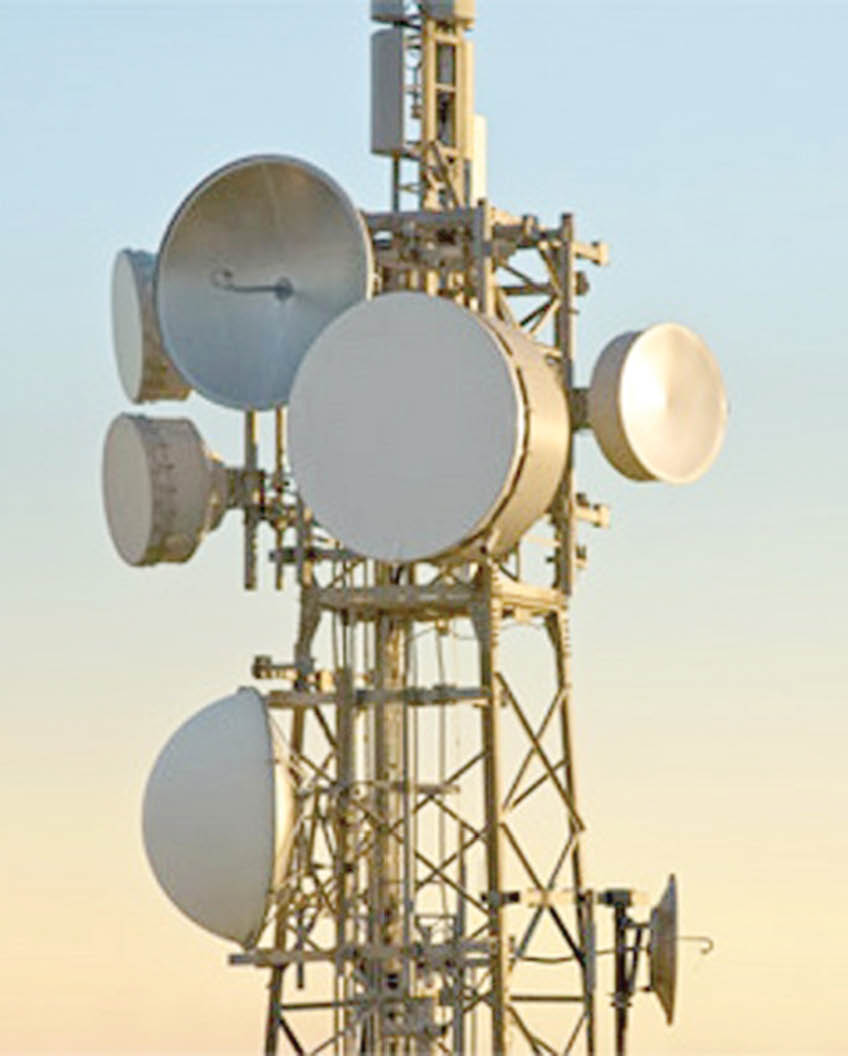Unreliable internet and call services which began a few months ago have continued unabated despite complaints by subscribers across the country.
But the telecom operators said the reasons are complex, ranging from infrastructure limitations, multiple taxation, low investments due to financial loss as a result of high operating cost and so on.
Further compounding the issue is the blame game between the Nigerian Communications Commission (NCC) and telecom companies. The NCC blames insufficient investment by providers, while companies cite challenges like vandalism and the high cost of infrastructure development.
However, telcos have said Nigerians might continue to experience poor telecommunication services as long as social problems such as willful damage to telecommunications infrastructure and epileptic power supply are still lingering in the country.
The Association of Licensed Telecommunications Operators of Nigeria (ALTON) appealed to federal and state governments to assist them in ending the issue of poor services in the industry.
The association’s chairman, Gbenga Adebayo, told the News Agency of Nigeria in Lagos that challenges in telecommunications should not be left for the operators alone.
Again, Daily Trust’s Garba Mohammed Wins foreign Grant
Despite ban on pregnant women, Nigerian pilgrim gives birth in Saudi Arabia
Adebayo said the operating environment was not conducive enough to maintain uninterrupted services, adding that the federal and state governments should synergise and come to their aid in solving the issues of multiple taxation and regulations affecting the growth of the industry.
He said no business would thrive in an environment where resources that could have been used in network upgrading were diverted to the repairs of damaged telecommunications infrastructure in violence-prone areas.
He said poor services will persist as long as social problems such as willful damage to telecommunications infrastructure and epileptic power supply are still lingering in the country.
“In countries where those parameters are set, power supply, security and free access to sites are guaranteed with no interference from different government agencies.
“However, we are equally worried with the current state of poor services rendered to subscribers and we are ensuring that we continue to upgrade our networks,” he said.
Mr Adebayo said the fine imposed on them had not addressed the challenges they were facing which the regulator was aware of.
“For us, it is surprising that the regulator who is well aware of the issues and challenges that we are facing could go ahead to impose the huge fine on us.
“We think this is inappropriate and does not reflect the reality of the industry. Also, it is not good for the growth and development of the industry.
“It is bad for investors, bad for network operators and the side effects of this, if issues are not properly handled, can lead to a major problem in the industry,” Adebayo said.
He said the resources that would have been used to “upgrade our networks to address the challenges and to build telecommunications infrastructure in those underserved areas would have been used to pay the fines.”
He added: “We must constantly remind ourselves that our networks have not been fully built and consolidated, hence, the issue of poor service will linger on as long as we are on the path that we are now”.
Mr Adebayo appealed to subscribers to bear with them as the industry was still growing to ensure it guaranteed value for money on calls and data services provided by them.
But experts said finding a permanent solution to the problem of poor networks in Nigeria requires a collaborative effort. “The NCC must reduce charges slammed on telecom operators while holding them accountable for network quality. Telecom companies must invest in infrastructure expansion and maintenance. Only then can Nigerians experience the level of service they deserve,” Liasu Mumuni, a telecom engineer, told Daily Trust in Lagos.

 Join Daily Trust WhatsApp Community For Quick Access To News and Happenings Around You.
Join Daily Trust WhatsApp Community For Quick Access To News and Happenings Around You.


